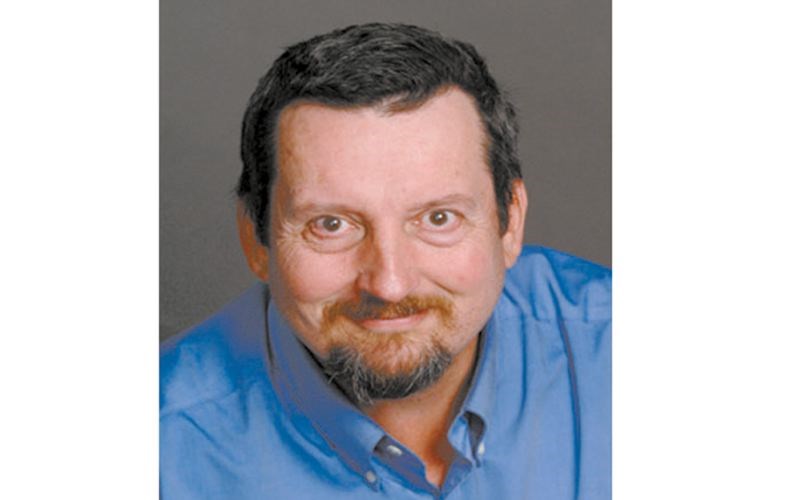Like my fellow columnist, professor Tracy Summerville, I often sit in front of a blank page thinking about what to say in one of these columns.
Most often, it is because there is far too much to say. Where to begin? Where to end? And how do I say it all in a manner that fully explains the point that I am trying to make?
In my last column, I was trying to talk about the fundamental role that education plays in our society. Not just teachers and schools and professors and universities, but education writ large. I am not sure that I succeeded so I will try again.
Education can take many forms. Reading the newspaper, listening to the television, talking to a friend, learning from someone of a different religion, ethnicity, or gender or just using the Internet - we can gain an education in many different ways.
And as much as I think Google can mislead people, it is an incredible tool for education. Want to know who won the 1929 World Series? Just Google it. (The Philadelphia Athletics, in case you were wondering.)
Want to know the atomic mass of beryllium? Just Google it. (9.012182 g/mole)
The Internet and search engines such as Google are powerful tools.
They educate and entertain. They open the world to inquiring minds and inquiring minds to the world.
It is this mass education of humanity about itself which leads to open dialogues. We are afforded an understanding of all the glorious differences that make us one. The Internet allows us to understand one another and to see the world through different eyes.
It is powerful tool for education. It is powerful tool for free speech.
Yet we still live in a world of intolerance.
We live in a world where just about anything you want to know can be found online, and yet some people dont want to know. They are offended by the information that is available. They are offended by satirical cartoons.
This past week, the editor and staff at the French satirical magazine Charlie Hebdo, along with two policemen, were shot dead by fanatics. I had never heard of this magazine before then, but now it is synonymous with the concept of freedom of expression and free speech.
Je suis Charlie is a phrase that will live on long after the terrorists are gone.
It is hard to understand how such a tragedy could happen.
I accept that pictures of Prophet Muhammed might be offensive to some, but in a world where you can see everything from images of Vladimir Putin in drag to the Kardashians showing off whatever they can with the click of a mouse, shouldnt we have developed thicker skins?
Or at least have developed enough sense to ignore images that we dont want to see? Turn the other cheek. Walk the other way. Live and let live.
Isnt that what religion teaches us? Not to be offended, but to accept those around us who do not see as we do?
In a world of information, shouldnt we have educated ourselves enough to understand that not everyone views the world through our eyes? And understand that that is okay?
I certainly dont want people to view the world the same way that I do. What fun would conversations be if all we ever did was agree with each other?
Or as Dr. Summervilles column put it: ... free speech actually must exist for the ideas we disagree with, not for the ideas we agree with.
We need to have free speech so that we can disagree. And furthermore, we can agree to disagree without anyone getting shot.
In an educated society - in an educated world - disagreements can even lead to progress and eventually to understandings.
I think back to a quote I read once, attributed to John Kenneth Galbraith, in which he was discussing economic development in India.
He said something along the lines of We got it all wrong. We thought that we could start with factories and jobs. We should have started with education. Education is the key to economic prosperity.
I would go further. I would argue that education is not just the key to economic prosperity. Education is the key to understanding, understanding leads to tolerance and tolerance leads to a world where armed gunmen do not storm the offices of a satirical magazine and kill everyone there because the magazine ran a cartoon.
This past week, we saw the fundamental rights we each hold near and dear challenged: the right to speak, the right to freely express ourselves and the right to an education.
Lets hope that the terrorists do not win and silence the world.



